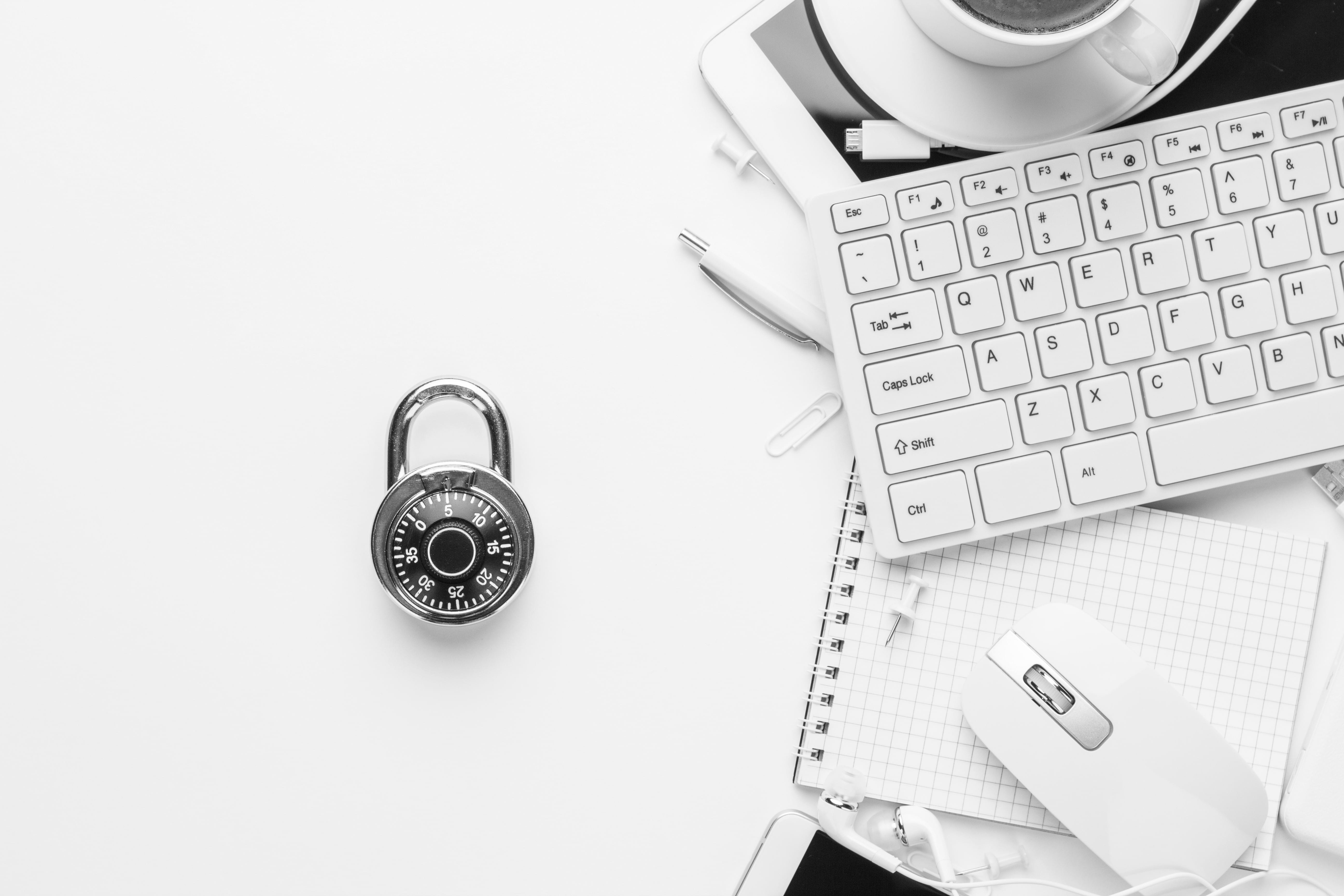Are you sure you know what personal information actually is? There might be a few things that you still need to learn about this type of data.
Under the CCPA, personal information (PI) is referred to as information that is used to relate, describe, and identify a particular consumer or household. This can be done directly or indirectly.
Under section 1798.140 of the CCPA, PI is defined as:
“‘Personal information’ means information that identifies, relates to, describes, is reasonably capable of being associated with, or could reasonably be linked, directly or indirectly, with a particular consumer or household”.
PI can be:
- Your name
- Your alias
- Your home address
- Your email address
- Your IP address
- Your driver’s license number
- Your social security number
- Your passport number
So, as you’ve probably gathered by now, it’s really no wonder why the CCPA, as well as California consumers, would want to keep this data safe.
But, you’re not here to learn about personal information. You’re here to learn about what’s not considered as personal data. So, let’s take a look at that:
Non-Personal Information
Non-Personally Identifiable Information (Non-PII) is not as broad or as complicated as you might think. This type of data is simply anonymous.
Unlike PII, non-PII can not be used as a way to trace and identify someone. Some examples of non-PII include:
- Aggregated statistics on how a product or service is used
- Partially or fully masked IP addresses
- General data
- Census data
- Tax receipts gathered by publicly funded organizations
However, that’s not to say that non-PII has an exact and well known definition. The same thing goes for PII.
Both of their definitions tend to be very vague. But, what we can say is that PI tends to be a lot more important than non-PII. Here’s why:
Why PI is More Important than Non-PII
Alright, remember earlier in this blog when we mentioned the type of data that would be classified as PI. it can be anything from your name, to your home address, to your passport number.
This type of data is very specific and needs to be kept safe. On the other hand, non-PII does not really include any specific data.
That doesn’t mean that it’s unimportant data. But you wouldn’t really lose something of great significance if it was non-PII.
But, PI is something that holds great significance. That’s why the CCPA wants it to be protected. And, what’s the best way of protecting PI? Through BitLocker.
BitLocker is truly an amazing service. Not only can it easily encrypt a ton of your data, but it can do it in a blink of an eye.
And, with BitTruster being equally as fast at managing that encrypted data, all of your data-related problems will poof into thin air.
Keeping All Kinds of Data Safe
In the end, every single type of data needs to be kept safe. It doesn’t matter if it is PI or non-PII.
The CCPA wants to make sure you know you have the right to want to keep this data safe. And, it also wants to make sure that you know that you can do something in order to keep your data safe.
With our help, you will learn this and so many other CCPA-related things. Stick with us, we have so much to show you!



